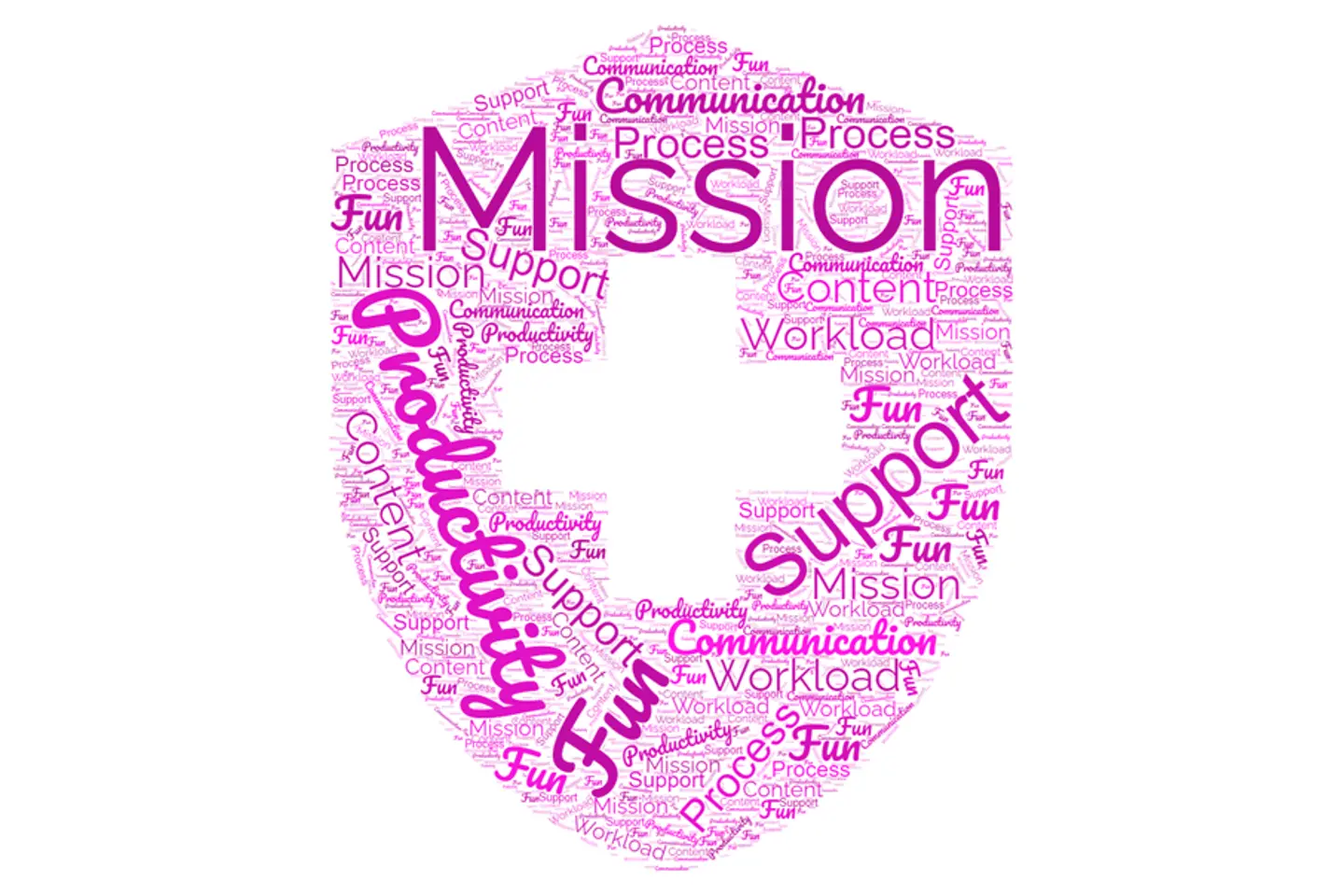
In its broadest business sense, sustainability is about doing the right, profitable, and fair thing forever. Alongside our necessary environmental obligations, it involves looking at our workplaces, current and future employees’ expectations, financial implications, and social developments. Understanding the impact of socioeconomic changes enables us to come up with solutions for our problems and glimpse the future of the ideal workplace.

The most important factor Gen-Z looks for at work is no longer money, but their well-being. Considering the pressing ‘war for talent’, companies must show that they care about the individual by providing personalized solutions. Above all, Gen-Z and future generations especially want an employer who actively cares about their well-being and emotions.
Increasingly living life online and technological advances are key factors why a growing number of people struggle with understanding and managing their emotions and those of others. Newer generations choose to constantly expose themselves to countless exaggerated forms of emotional content as an easy way to activate their dopamine reward system. Sadly, many lack direct human interaction from a young age.
Therefore, the issue for companies is that performance thrives off emotions, but the future workplace does not look emotionally sustainable.
‘Emotional sustainability’ is not a scientifically recognized term but is widely considered an important part of social sustainability. It refers to a long-term approach to people's emotional intelligence and mental health. In a workplace setting, an emotionally sustainable environment describes an employer who fully understands and strategically manages all employees’ and stakeholders’ emotions, feelings, and values. While managing external stakeholders’ well-being and emotional intelligence can be a particularly difficult challenge, an organization should always focus on its employees’ emotional sustainability first, as they are the most affected and valuable group.
We continue to focus on strengthening a culture of diversity and participation in which all employees have the opportunity to unlock their full potential.”
Telekom Management Report, 2023

While most academic papers and scientific research still concentrate on learning hard facts, in the last decade, businesses have become more soft skills orientated. Emotionally based skills like emotional intelligence, resilience, and communication drive growth and hide at least somewhat behind every decision. Even most c-level managers today make many decisions based on their gut feelings instead of quantifiable metrics as they look for long-term trust-based relationships over short-term monetary gain.
The significance of soft skills can also be seen in the current HR challenges for companies. They do not solely consist of corporate adjustments related to the new individual value compass, like addressing work-life expectations, moral diversity, and the idealism of Gen-Z. They also concern the decline in emotional intelligence and how the emotional struggles of future generations will play an increasingly important role in business.
A solution hides behind every problem.
Problem-solving goes hand in hand with emotional sustainability and several derived benefits for the employer and individual. Employees with a higher emotional quotient (EQ) are typically more satisfied, healthier, and consistently manage to live up to their personal standards at work.
Employers who increase their focus on the health of employees increase employee engagement automatically and create friendlier and more inclusive work environments. Creating an emotionally sustainable workplace to improve employee well-being also raises other factors such as health, engagement, productivity, and retention rates, which all have a direct positive impact on a company’s financial performance. Over 13 years, companies with outstanding workplace well-being initiatives have been three times more profitable than those simply offering traditional employee health programs (S&P 500 Index 2001-2014).
Looking at current trends like remote work, flexible work, and the recent crises that hastened the new work transformation, soft skills like self-sufficiency and resilience play an important role in employees’ daily lives. While most organizations are aware of this by now and have integrated wellness programs into their HR portfolios, many companies and employees still need help to live up to their full wellness potential. To understand why it’s important to realize that improvement takes time: the bigger the company - the bigger the change. Besides that, the primary cause behind slow or limited improvements lies in the incompatibility of corporate well-being initiatives and employees’ workflows. From the employee side, teams often don’t have the time, interest, or belief in the validity of a sustainable workplace. While from the company side, many current initiatives simply aren’t agile, consequential, or offer employees enough support.
Your employees are your company’s real competitive advantage. They’re the ones making the magic happen-so long as their needs are being met.”
Richard Branson, 2021
Looking into the future, we will find ourselves in an increasingly diverse workplace, working with people all over the world from many different backgrounds and with different personalities. Combine this with the fact that by 2025 75% of all decision-makers in B2B will be <40 years old, and you will realize that relationships and interactions between coworkers and generations will keep increasing in complexity. This complexity is not just something tangible like a language barrier or knowledge gaps but mainly refers to different perceptions, morals, and values.
Well-being is a term you will keep hearing in the future regarding employees’ needs. Yet, well-being does more than just focus on emotions. While we have concentrated on the abstract part of workplace well-being, physical well-being will also play an important role that companies must incorporate in their well-being or corporate social responsibility program. Fundamentally, they need to take a holistic approach to workplace well-being.

Nonetheless, the relevance of emotions in business is rising. To create a sustainable workplace, we need appropriate initiatives, offers, and solutions to learn how to understand each other and positively shape the workplace of tomorrow. The earlier we take up these initiatives, the better because the future is all about emotions; some of us just don't quite feel it yet.
With this insight in mind, the Chief Tomorrow Officer Program picked up on my approach to an emotionally sustainable workplace system (ESWS) at T-Systems International.
T-Systems’ ESWS is an employee-centered feedback system that directly integrates health checks, appealing UX-design and solution proposals into your workflow.
A health check is the backbone of any ESWS. In T-Systems case the health check consists of a three-minute agile survey in which the employee assesses eight health and performance factors on a scale from 0 to 8. Every employee’s improvement journey starts with this data entry and continues with learning, conception, and action phases.
T-System’s ESWS system highlights the importance of well-being and emotional intelligence at the workplace without turning it into a task for the employee. Strategically, it increases employee engagement and internal efficiency.
The system’s simplicity, adaptability, and scalability enable management, teams, and individuals to improve their social and economic workplace sustainability seamlessly. After a lengthy and complex system development phase, T-Systems Chief Tomorrow Officers aim to provide you with automated feedback after spending just three minutes on a survey. So, when are you starting your improvement journey?